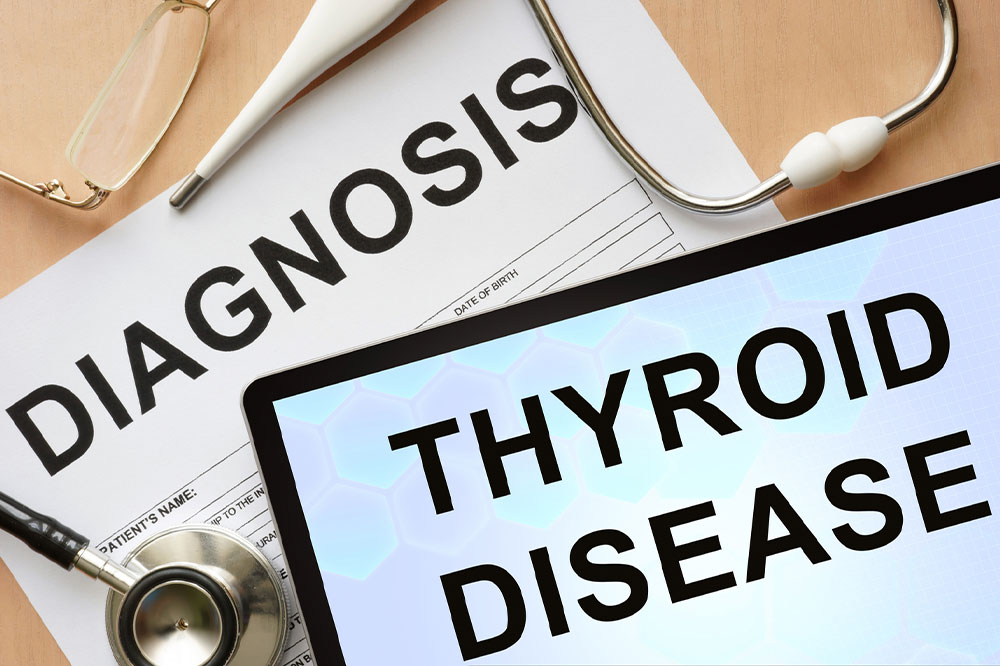4 tips for timely diagnosis of autoimmune disease
Autoimmune diseases strike the body when the immune system goes rogue and starts attacking the healthy cells. This affects the functioning of certain organs and even their structure. The symptoms of autoimmune diseases tend to overlap with that of other common diseases. This makes it difficult for doctors to pinpoint what exactly ails the patient. This often leads doctors to attribute the symptoms to stress-related disorders or organ malfunctions.
There are around 80 known types of autoimmune diseases; each has different methods of diagnosis.

- Organ function and inflammation tests : This is one of the most elementary tests. However, a test of organ function alone is not sufficient for the correct diagnosis of an autoimmune disease.
- Auto-antibody test : Auto-antibodies are made by the immune system to attack healthy cells and tissues in the body. There are blood tests that check for the presence of auto-antibodies in the bloodstream. These tests can be useful for quick diagnosis of an autoimmune disease.
Not only tests but a little bit of forthcoming and cooperation on the part of the patient can also help doctors in timely diagnosis. Here are a few tips that can be helpful in the successful diagnosis of autoimmune diseases:
- Talking about family history : It has been observed that autoimmune disorders run in the family. Inform the doctor if there is a family history of autoimmune diseases. This will help in evaluating the symptoms and drawing conclusions regarding the patient’s autoimmune risks.
- Keep track of symptoms : Symptoms of autoimmune diseases often go into remission and can have periods of flare-ups as well. It is useful to keep track of the symptoms whenever they flare up and record their intensity as well. It will be helpful to note down the diet taken or activity done during periods of a flare-up.
- Requesting for autoimmune tests : Since the symptoms of autoimmune diseases are similar to other diseases, it might not occur to a doctor to recommend a test for an autoimmune disorder. In such cases, a patient can discuss and suggest to the doctor whether it would be helpful to have a set of tests done to verify whether the patient is suffering from an autoimmune disease.
- Taking a second opinion : If the symptoms persist and the doctor is not able to pinpoint the causes, it is best to seek a second opinion. Ask around for doctors who are known specialists in autoimmune disorders.




